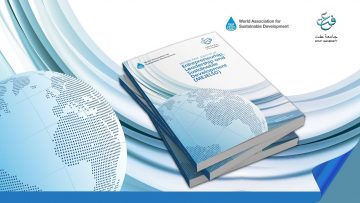(74) Assessing Institutional Capacity in Fostering Innovation in the GCC: A Comparative Analysis, Ali Salman Saleh
Ali Salman Saleh
Portfolio Manager-Social Development & Government Efficiency
United Nations Development Programme, PO Box 26814, Manama
Kingdom of Bahrain
DOI: 10.47556/J.IJIKMMENA.9.1.2021.1
 Subject: the subject of the paper is the interrelationship between knowledge-based economies (KBEs), country-level innovation, and institutional capacities of governments as key to economic and social prosperity.
Subject: the subject of the paper is the interrelationship between knowledge-based economies (KBEs), country-level innovation, and institutional capacities of governments as key to economic and social prosperity.
Purpose: the purpose is to identify the underlying reasons as to why Gulf Cooperation Council (GCC) countries, who have identical rankings to other high-income countries, consistently underperform in innovation indices. This is done through an assessment of their institutional capacities.
Design/methodology/approach: the methodology was based on extensive desk research collecting quantitative as well as qualitative data. Secondary data were analysed, assessed, and/or quantified in both graphical representations and qualitative studies.
Findings: the paper identifies the need for individual GCC countries to improve institutional pillar scores through the adoption of public sector innovation. They should also employ key lessons learned from neighbouring GCC countries in an effort to increase overall innovation capacity to aid the successful transition into a KBE.
Keywords: Innovation, Public Sector Innovation, GCC, Government Innovation, Institutional Capacity, Government Effectiveness, Government Efficiency, Global Innovation Index.














































